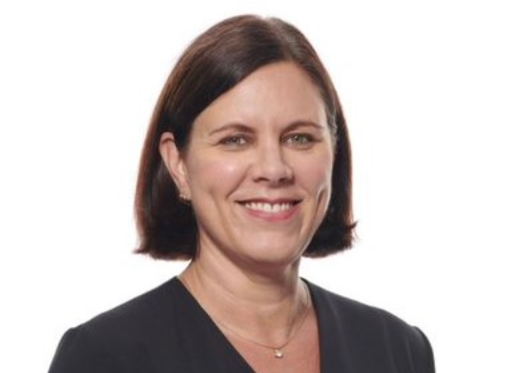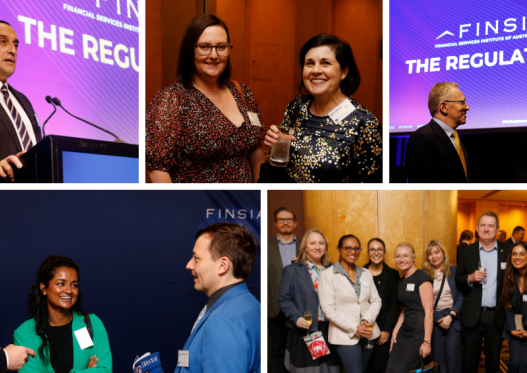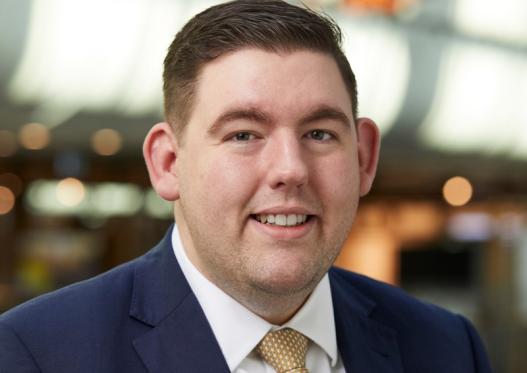“If there's an opportunity to be mentored take it and if you feel like you need a mentor search for one,” he said.
The go-for-it sentiment could also apply to becoming a mentor, as they learn so much from their mentees, he says.
“I've always been interested in mentoring. Even in my roles as General Counsel at various organisations, I've always taken it on myself to mentor my staff,” he added.
“It’s important both in terms of succession as well as helping people out.”
While he never had a formal mentor himself, the long-serving FINSIA member sees the process as a win-win opportunity.
“There are so many benefits in having a mentor, who you can ask questions of, who you can really learn from,” he said.
“Often, it’s the things that aren't written down in terms of achieving success and achieving the goals and your objectives in your career.
“There are people you know people from all walks of life who can offer a lot of things - sometimes it's the smallest things which don't always seem that relevant at the time,
“But it can be these things that can give you an edge and a deeper understanding of what it takes to in your career from people who have been there or are still there.”
Rod highlighted career management as an area where having a mentor pays dividends as it’s often harder to be “open and frank” if your mentor is within the same organisation.
He said: “It can be difficult if you feel you’ve hit the ceiling in the organisation where you are and want to tell your manager you need more challenges and opportunities – and that you will look for roles outside that organisation to fulfil your own career aspirations.
“That's when someone who's outside the organisation is a better mentor to turn to.
“The last thing you want to do is burn bridges.
“You have to look at the long game. You want to make sure that if you feel it’s time to leave your organisation, it's important that you do so in a way that is non-confrontational.
“At the same time, you've got needs as an employee and you've got to make sure that they're met by your organisation.
“That's the bottom line. If you feel that the organisation’s not meeting them then you've got to broach that subject.”
Conversations of that nature may well be happening to Rod’s mentees, he believes.
“They’re heading in the right direction and headed for big things. And I'm pleased to say that maybe I've contributed in a very small way.
“The mentees I've had have all been willing to listen and willing to challenge.
“I've always been fortunate. Maybe it's the type of people that I've been mentoring. They're very disciplined and they'll foreshadow questions that they want to talk about.
“And we'll generally have an agenda and set topics to talk about.”
Whenever he has mentored, formally and informally, Rod says: “I've gained equally.
“It's really good to hear and to understand concerns or issues that arise within a workforce in an open and frank manner.
“You don't always get that same feedback from your staff.
“When you see what their problems are, you can reflect on that and look at how you might deal with problems or issues when you are back in your role.
“It's also very useful opportunity that the experience you gain can be used when you interview people for roles within your organisation too, because you've got a greater awareness of what people are looking for. You can almost pre-empt some of the questions they may ask. Or if they're not asking, perhaps they should ask.”
Rod, who has held senior roles at Westpac, NAB, Optus, CUA and PayPal, summed up, saying: “If my mentees take one thing from our conversation, one small thing that they think is useful, then probably that hasn't been an hour wasted.
“Over the course of a year, hopefully they’ve got some nuggets to learn from. I get at least one thing. I probably get way more than one thing.”








